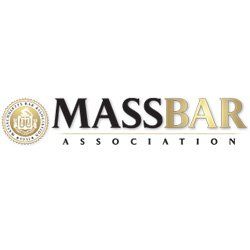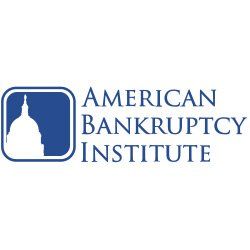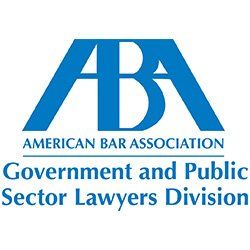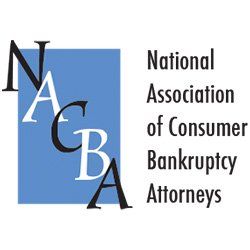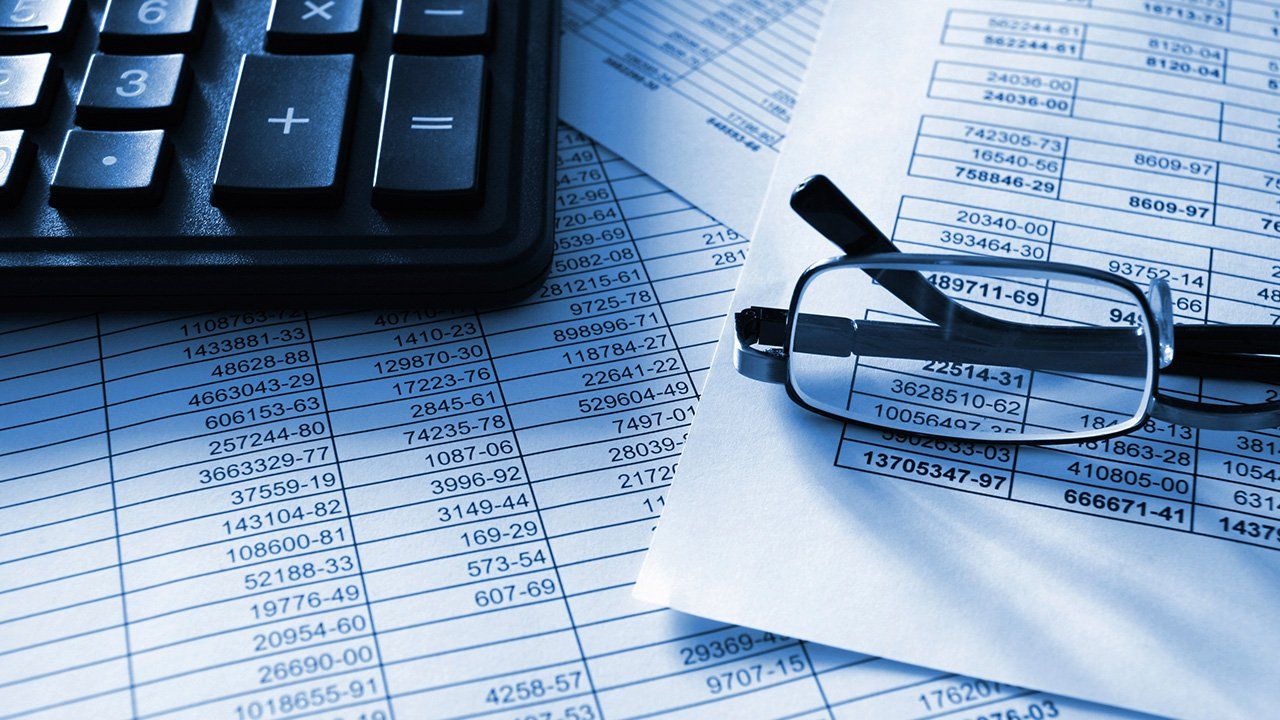CLIENT LOGIN
×Massachusetts Bankruptcy Attorney
IF YOU FIND YOURSELF IN A FINANCIAL HOLE, THE FIRST THING TO DO IS STOP DIGGING – AND THEN CALL AN EXPERIENCED MASSACHUSETTS BANKRUPTCY ATTORNEY
If you are a Massachusetts Bankruptcy filer, or just thinking about filing bankruptcy to deal with your mortgage, credit card, tax, student loan or other debts. The first and most important thing to do is to speak with a qualified Massachusetts Bankruptcy Attorney to avoid making common (and not so common) mistakes before filing.
Bankruptcy has its own set of rules, and they can be unforgiving. If you make these mistakes – and many others – before you file, you can jeopardize the considerable benefits bankruptcy can provide.
There are some cases where other factors come into play. You may believe you need, for example, to use a credit card to buy groceries or want pay a specific creditor prior to filing. In all cases where you are considering filing bankruptcy in Massachusetts it is important to speak to a Massachusetts bankruptcy attorney so you can understand the consequences of those actions, discuss alternatives, and make an informed decision.
With that said, let’s take a look at a few of the more common mistakes debtors make and “traps for the unwary” when it comes to filing bankruptcy. There are lots more, which is why it is important to always speak to a qualified Massachusetts bankruptcy attorney before you alter your financial picture. Learn more about our firm here.
Giving away Money or Property prior to Bankruptcy.
Some debtors are afraid they will lose their hard-earned assets (such as a house, car or savings account) if they file bankruptcy. In fact, in many instances these assets are exempt (protected) in your Massachusetts bankruptcy case (as with all exemptions, states other than Massachusetts will have different exemption laws; debtors in other states should check with a bankruptcy attorney in that state).
For example, if a debtor transfers her house to her children before filing bankruptcy in an attempt to “protect” it from a bankruptcy trustee, the debtor will likely instead lose her Massachusetts homestead exemption and forfeit the house. The Debtor may also lose the ability to discharge debts to all of her creditors. Before you think about transferring any property into someone else’s name, or into a trust, speak to a qualified Massachusetts bankruptcy attorney.
Using your 401(k), IRA or other Retirement Savings to pay off Debts.
You should speak with a Massachusetts bankruptcy attorney before using retirement savings to pay off debts. These assets are often partially or fully exempt in Massachusetts bankruptcy cases. Using retirement savings to pay your debts can drastically affect your financial future and have significant tax consequences. It is better to speak with an attorney who can evaluate your entire financial picture before you deplete your retirement savings.
Paying Debts to Relatives or Preferred Creditors.
Bankruptcy is designed to provide a level playing field for all creditors who have the same types of claims. For example, let’s say that two years ago your parents loaned you $10,000.00 and you also have a Visa debt for $5,000.00 and a debt to your local Mechanic for $5,000.00. Neither your parents nor Visa nor the mechanic have a lien on any of your property. In this case, they are all considered “unsecured” creditors. If you run into financial problems and are forced to file bankruptcy, you should resist any impulse to pay off mom and dad, or the mechanic, until you speak to a Massachusetts bankruptcy attorney.
This is because certain payments may be subject to “clawback” by a bankruptcy trustee. They may also jeopardize or delay your discharge. In the example above, if you repay your parents within one year before filing, a bankruptcy trustee may look to recover (and possibly sue) your parents to recover that payment. If the Bankruptcy Trustee recovered the money from mom and dad, it would go into a pot to be equally distributed among all creditors (including Visa). Likewise, if you pay the mechanic (who is not a relative or close business associate) within 90 days prior to filing, the Bankruptcy Trustee could look to recover amounts paid to the mechanic.
Using Your Credit Cards.
If you are preparing to file bankruptcy you should not be incurring any further charges on your credit cards (including cash advances). However, you can continue to use a debit card linked to your bank account to pay for your normal household expenses such as gas, groceries, etc.
CONTACT US TO DISCUSS YOUR OPTIONS BEFORE MAKING ONE OF THESE MISTAKES.
These are just three examples of literally dozens of traps for the unwary in the world of Bankruptcy. They exist in even “simple” bankruptcy cases (there is no such thing).
The Bottom Line: Before you take any action to change your financial picture, call or text us at (978) 548-5174. The initial consultation is free and we would be happy to discuss your options, including bankruptcy, protections available under the CARES Act in response to the Covid-19 pandemic, and asset protection.
Our office is conveniently located behind the North Shore Mall and we also meet Middlesex County clients in Woburn. Call or Text for details or visit our website at www.massdebtlaw.com.
The post Massachusetts Bankruptcy Attorney appeared first on Evans & Evans, P.C..




Main Office
Phone: (978) 548-5174
Email: andrew@evansevanslaw.com
FREE Case Evaluation
FREE Case Evaluation
We will get back to you as soon as possible.
Please try again later.
© 2021 Evans & Evans, P.C.. All Rights Reserved.




